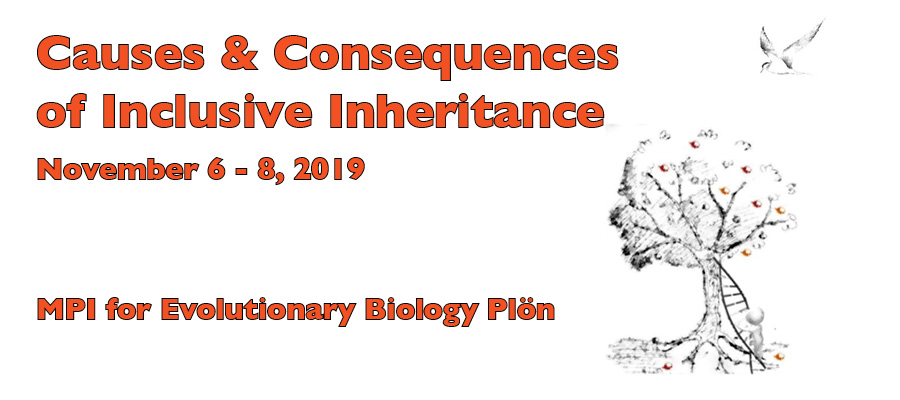Speaker
Description
In light of recent climate change phenotypic plasticity has received ample attention. Not only can plasticity evolve, it can also affect evolution by tinkering with the raw material for selection (phenotypes). Bet-hedging, however, is rarely considered in this context, despite being tightly linked to trans-generational plasticity. We argue that the neglect of bet-hedging is due to synonymizing only plasticity with phenotypic variance and GxE interactions, so we strive for clearer terminology which separates reaction norms from evolutionary outcomes. We describe logistic reaction norms by their mean, the degree of phenotypic variance and on how variance is allocated within and among environments. We then define six emerging strategies as extremes of these three continuous axes: conservative bet-hedging vs. arithmetic mean optimization; fixed vs. variable development; and plasticity vs. diversified bet-hedging. Transgenerational plasticity and diversified bet-hedging are thus mutually exclusive and arise from opposing changes in reaction norms, but both strategies increase phenotypic variance and may alter the course of evolution. We predicted that the position along the three strategy axes depends on environmental conditions. We thus conducted a meta-analysis on 57 studies of insect diapause and extracted 447 logistic reaction norms (including trans-generational plasticity as well as plasticity across life history stages), and correlated means and variance components with climate parameters. Three patterns emerged: First, mean diapause correlated with mean winter onset. Secondly, the degree of phenotypic variance did not depend on the amplitude of environmental change, likely caused by strong study bias towards non-canalized genotypes. Thirdly, bet-hedging was rare and correlated only weakly with environmental predictability. Genotypes are thus most vulnerable to decreases in climate predictability.

